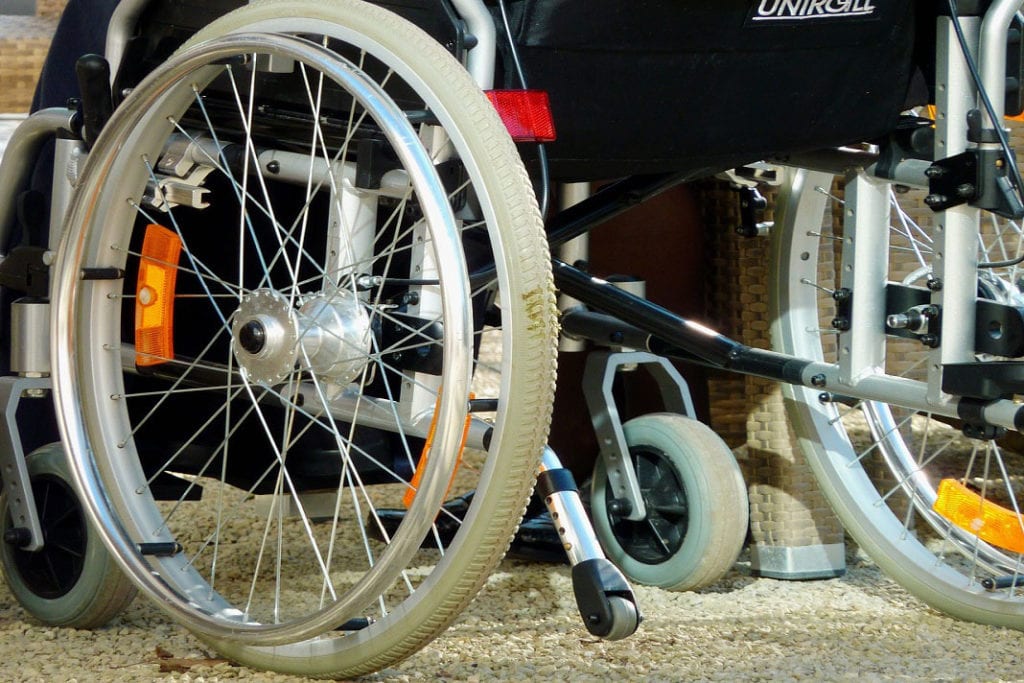Have you ever heard the expression— “In for a dime, in for a dollar”?
It basically means if a person commits to something, then he/she commits all the way. And that’s true for Heather Taylor, Ms. Wheelchair Florida, who is unable to walk or even stand because of a condition called dysautonomia.
Taylor dedicates her efforts to make life a little bit easier for people with mobility issues. She also actively educates people about her own condition and the obstacles encountered by people who are differently-abled. I have no doubt you’ll find her story and inspiring.
Dysautonomia is not a single disorder, the term describes a number of conditions which affect the autonomic nervous system (ANS). This section of the nervous system controls automatic body functions, like heart rate and breathing. Despite the term being unfamiliar to many people, dysautonomia affects an estimated 70 million people worldwide.
Yes, that’s 70 million people—a very big number and motivating factor in the advocacy efforts of Ms. Wheelchair Florida as she’s tasked with increasing awareness about the lack of access to wheelchairs statewide, increasing funding to support this issue, and encouraging policy adoption to facilitate wheelchair provisions.
Hand Up, Not a Handout
Advocacy is a good thing at any level.
By definition, advocacy is public support for or recommendation of a particular cause or policy, and the state tour of Taylor promotes understanding of the challenges people with mobility limitations have to contend with.
Non-wheelchair users can be oblivious to most of the daily problems that confront wheelchair users.
But there’s an opportunity for change— a change and an intent to make a level playing field for people with disabilities, end discrimination based on disability, and provide a hand up, not a handout.
By working together, disability advocates, wheelchair manufacturers, and legislators can help people with disabilities gain the freedom to live the lives they choose.








